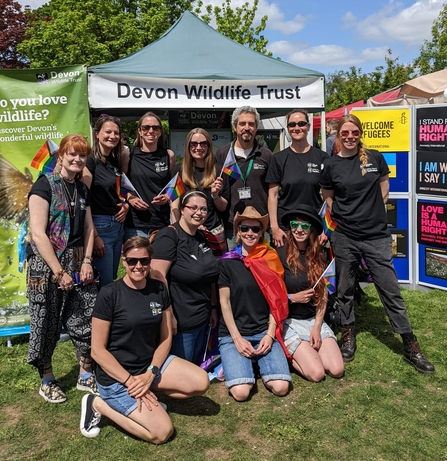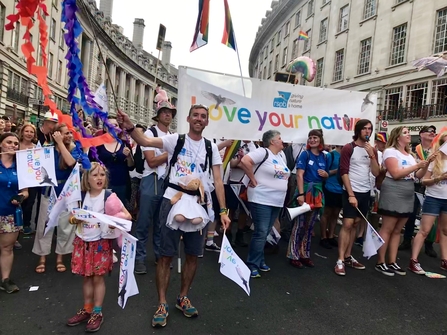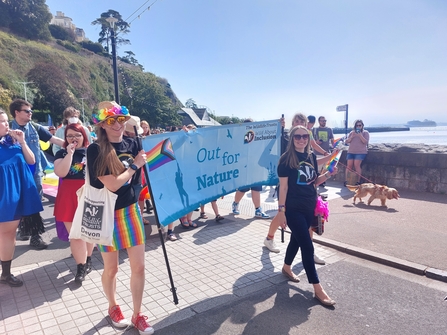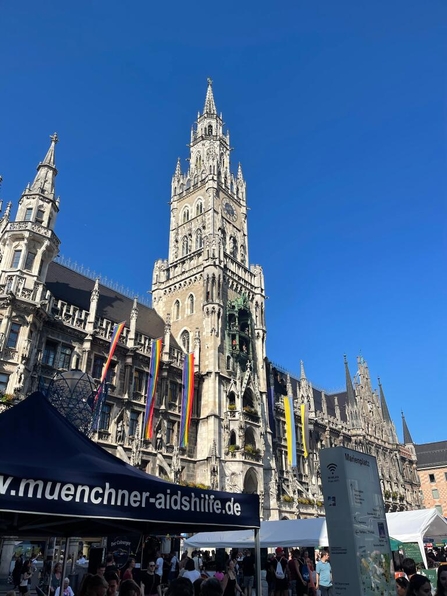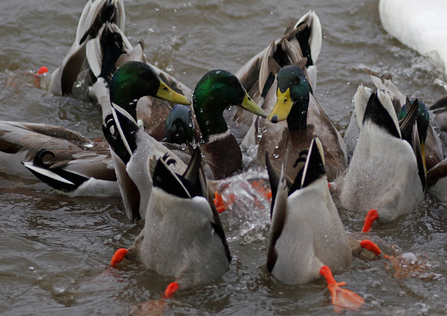Out for Nature - celebrating Pride month.
June is Pride Month. Pride month is a vibrant and inclusive celebration that honours the LGBTQ+ community, their history, achievements, and ongoing struggle for equality.
As in nature, strong communities are diverse communities. Here at Devon Wildlife Trust, we are proud to celebrate the diversity of our community. We also acknowledge there is plenty we can do to create an inclusive environment, where staff and volunteers feel valued and supported.


